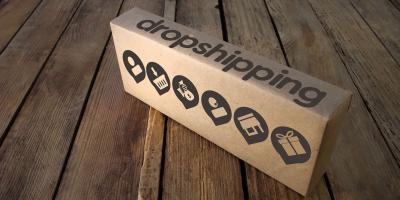The app econonomy in Europe is booming. Especially kids and young adults use game apps, which are often declared as "free to download", but are in fact not "free to play".
In many cases, they face high costs due to so called "in-app purchases". These are purchases made by consumers within the app. For example: You download a game app for free, but during playing it you have to pay in order to get to the next level.
European Commission calls for more transparency
At present over 50% of the EU online games' market consists of games advertised as "free", although they often entail, sometimes costly, in-app purchases. The consumers are often unaware that they are spending money because their creditcards get charged automatically. The EU Member States in cooperation with the Consumer Protection Cooperation (CPC) network provided a Common Position to prevent consumers from such intransparent costs. The paper includes that apps shouldn’t be advertised as "free" if any of the functions entail costs. To get back to the example from above: playing the game has to be completely free, otherwise it has to be labelled with the real costs and cannot be advertised as being "free".
Special protection for underaged consumers
The European Commission wants to especially protect children and teenager, who are considered a very important target group by the app industry and susceptible to apps which are promoted as "free". The industry should consider the age of the consumers in the design of their apps. When the app approaches underaged users, it should not contain invocations such as "buy now!" or "upgrade!". Children should not be tempted to make in-app purchases or to ask their parents to do so.
Another point of the Common Position paper of the Member States and CPC concerns the paying process as it is often intransparent to the consumer. Not only does the paper demand "adequate information" to the consumer about the payment arrangements, but also that purchases should not be debited through default settings. Every payment should need explicit consent by the user. Also the providers should declare exact contact information, e.g. an email address, so the consumer can easily reach out to them in case of questions or concerns.
On February 27th and 28th, the European Commission set a conference with the main providers of apps, Google and Apple, where the Common Position of the Member States and the CPC was presented and discussed. The branche was asked to improve the protection of app consumers, especially concerning in-app purchases, within a clear timeframe.
According to a press release of the EC, over a million people in Europe are currently working in the app industry. In the next five years, the branche is expected to be worth a volume of €63bn. But due to the current intransparent practices consumers do not trust the industry. More transparency and better consumer protection would not only improve the situation of app consumers but also the image of the industry.







